Rare assembly farewells one of nation’s greatest leaders
A rare assembly of the nation’s highest-profile Indigenous leaders honoured Lowitja O’Donoghue, remembering her as determined and tough but always willing to build bridges.
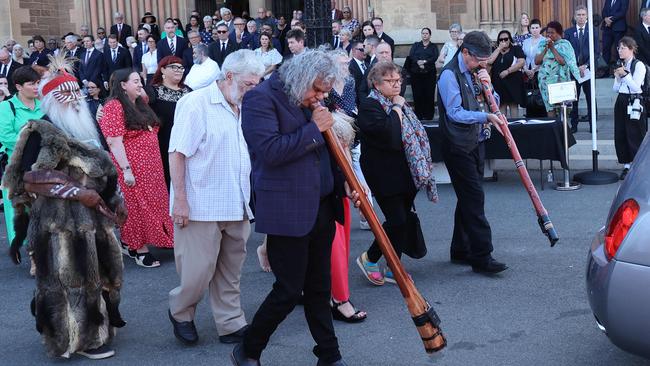
A rare assembly of the nation’s highest-profile Indigenous leaders honoured Lowitja O’Donoghue in Adelaide on Friday, remembering her as determined and tough but always willing to build bridges.
Dr O’Donoghue, a former Australian of the Year and the inaugural chair of ATSIC, died in February aged 91. She is considered one of the nation’s greatest leaders. She not only lived through extraordinary change, she helped shape it.
Her state funeral in North Adelaide began with the arrival of Aboriginal dean Chris McLeod to the sounds of a didgeridoo and ended with cathedral bells. Pat Anderson, a prominent Indigenous campaigner for the voice, spoke about her friend to a packed cathedral.
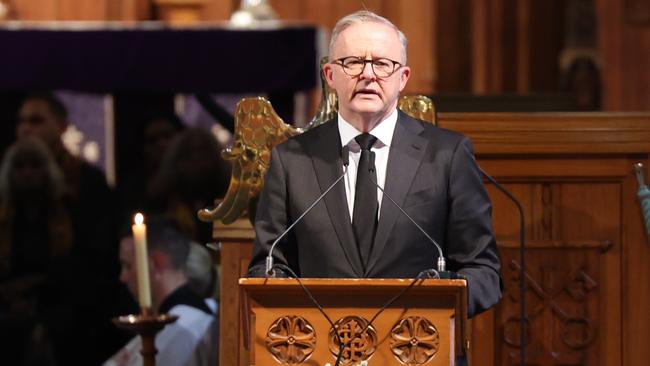
Mourners included Anthony Albanese, Indigenous Australians Minister Linda Burney and South Australian senator Kerrynne Liddle, who represented Opposition Leader Peter Dutton. Some of the most recognisable faces of the voice campaign were there; Cape York Partnerships founder Noel Pearson sat with distinguished researcher and professor Marcia Langton, and Yes23 co-chair Rachel Perkins, the celebrated filmmaker, was also in the audience.
Uluru Dialogue co-chair Megan Davis attended, as did Tom Calma, who co-authored a proposed voice model when Scott Morrison was prime minister.
Dr O’Donoghue’s tenure as the first chair of ATSIC is considered its best period.
Ms Anderson said Dr O’Donoghue understood and practised the art of “the principled compromise”. “In the fierce policy and political battles that went with the job, she was remarkable in that she never held a grudge, she was always willing to build bridges … always respectful,” she said.
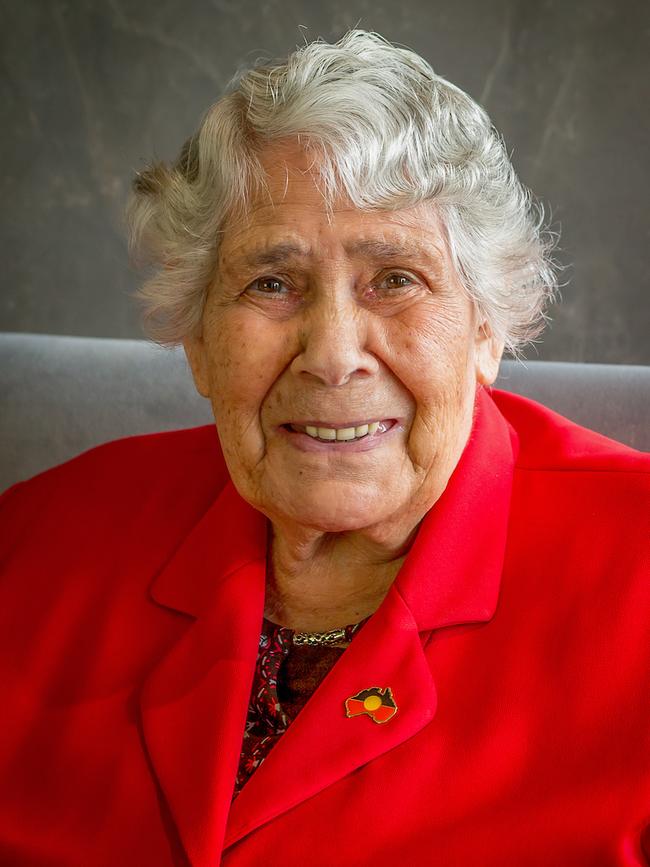
“Her leadership style was formidable, she was no-nonsense, her work ethic was unmatched … because she always loved us so.”
Ms Anderson said younger Aboriginal women saw Dr O’Donoghue in the hallways of power and were inspired to believe they could flourish too. “She came from very humble beginnings and was – like all of us – subject to systemic racism, and she never stopped campaigning for justice for us,” Ms Anderson said.
“She did this with characteristic toughness, humour and grace. She was a companion to many of us in our struggle for justice for First Nations people, a struggle which began, you could say, in 1788 and continues today, there is no doubt about that.
“Dr O’Donoghue made an extraordinary contribution to that struggle and in doing so she made an extraordinary contribution to our nation.”
In his eulogy, the Prime Minister described Dr O’Donoghue as one of the most remarkable leaders this country has ever known. “As we mourn her, we give thanks for the better Australia she helped make possible,” he said.
“Perhaps even more importantly, we reflect on the possibility of an even better Australia, which she placed so clearly before us.”
He asked Australians to consider that she once said: “We do not wish to conquer or oppress. Nor indeed do we wish to retaliate for two centuries of injustice. Rather we seek to create a new partnership based upon understanding, co-operation and goodwill. The past cannot be changed; our future is in our hands.”
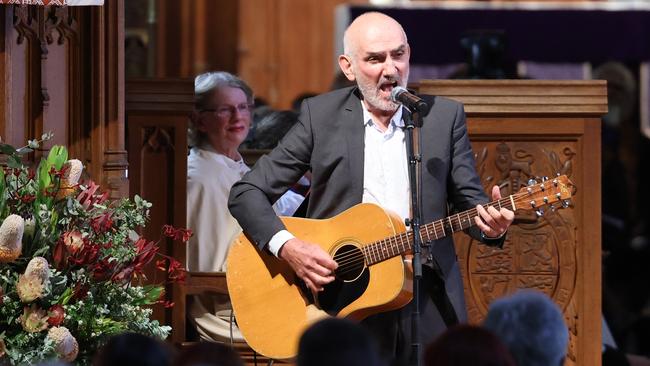
At the request of Dr O’Donoghue’s family, musician Paul Kelly performed Brown Skin Baby in the cathedral. The song, Dr O’Donoghue’s favourite, tells the story of a child removed from his Aboriginal mother.
Niece Deborah Edwards told the service she missed her aunt when work took her away. She shared memories of a woman who was very direct but who could be humorous. When Ms Edwards once dyed her hair red, Dr O’Donoghue asked her: “Is it going to stay like that?” She said her aunt was always ready; in her car boot she kept a picnic basket, she always had an overnight bag, a sewing kit and laundry kit. “I know she would say ‘the work must go on’,” Ms Edwards said.



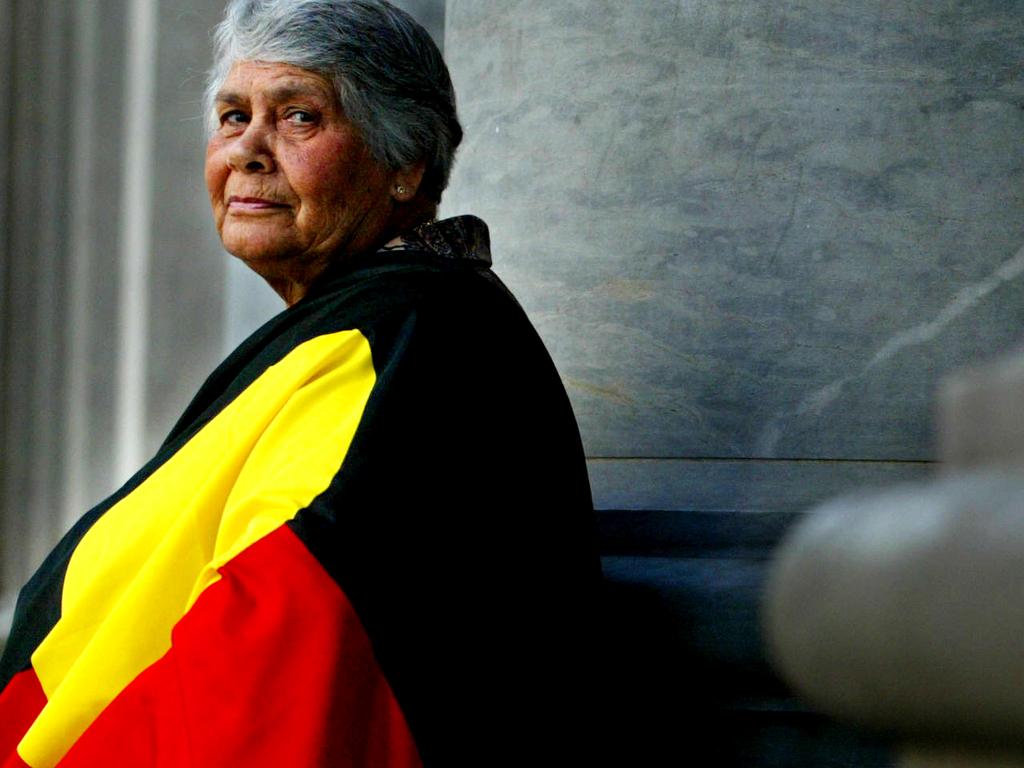
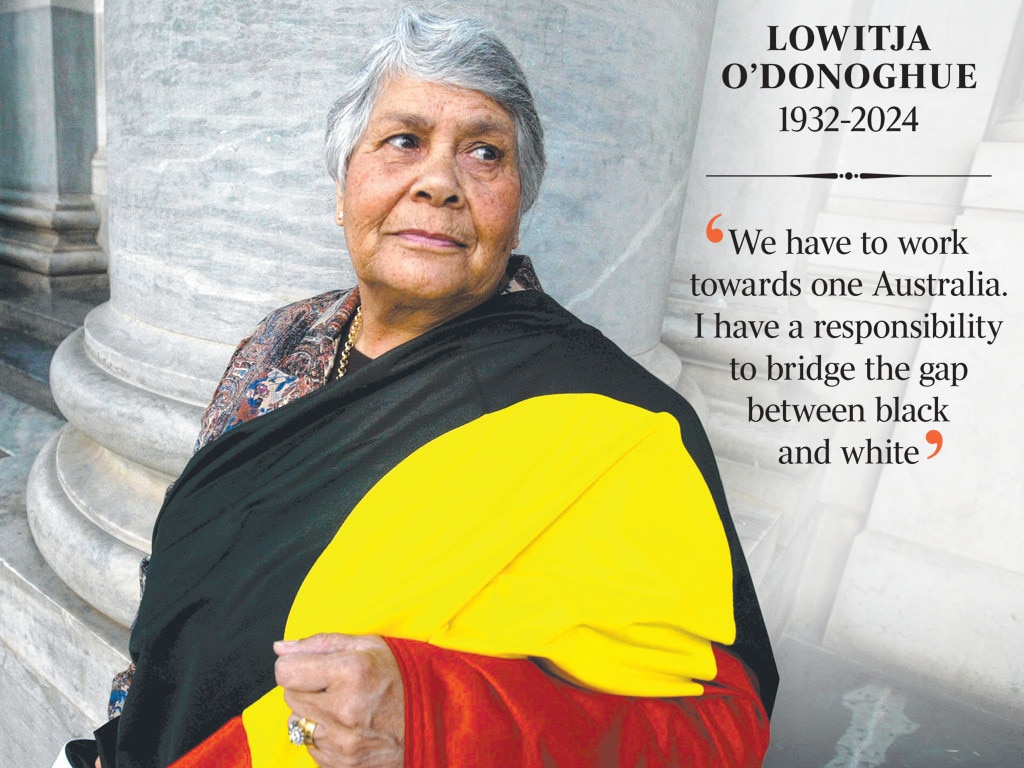
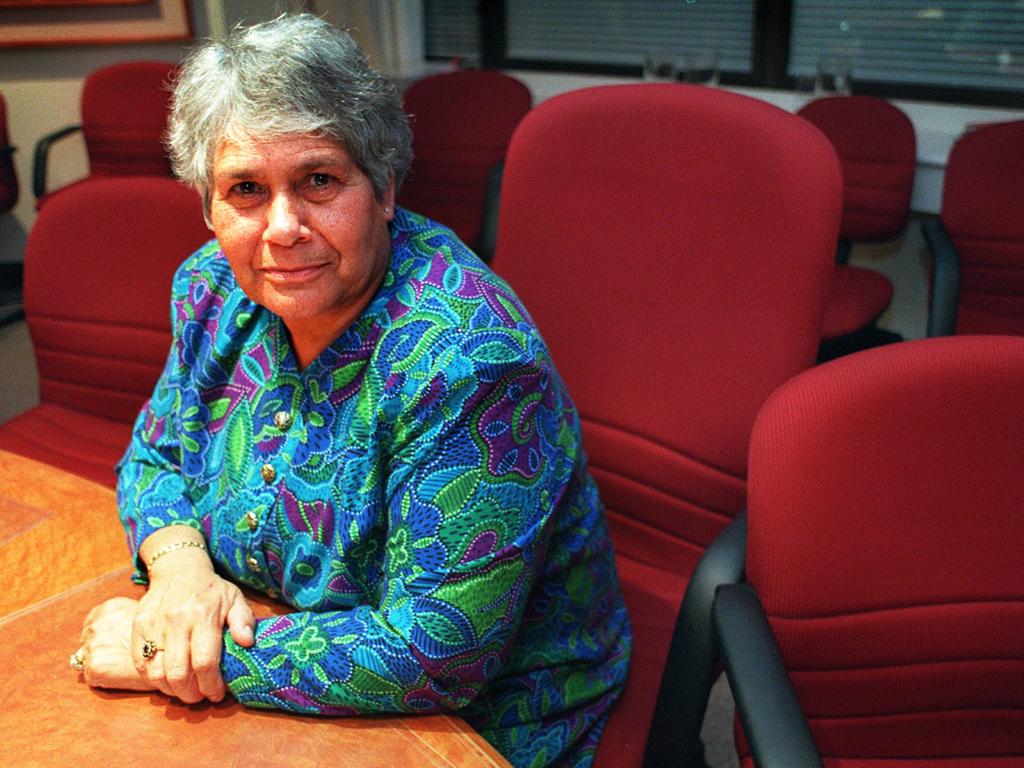
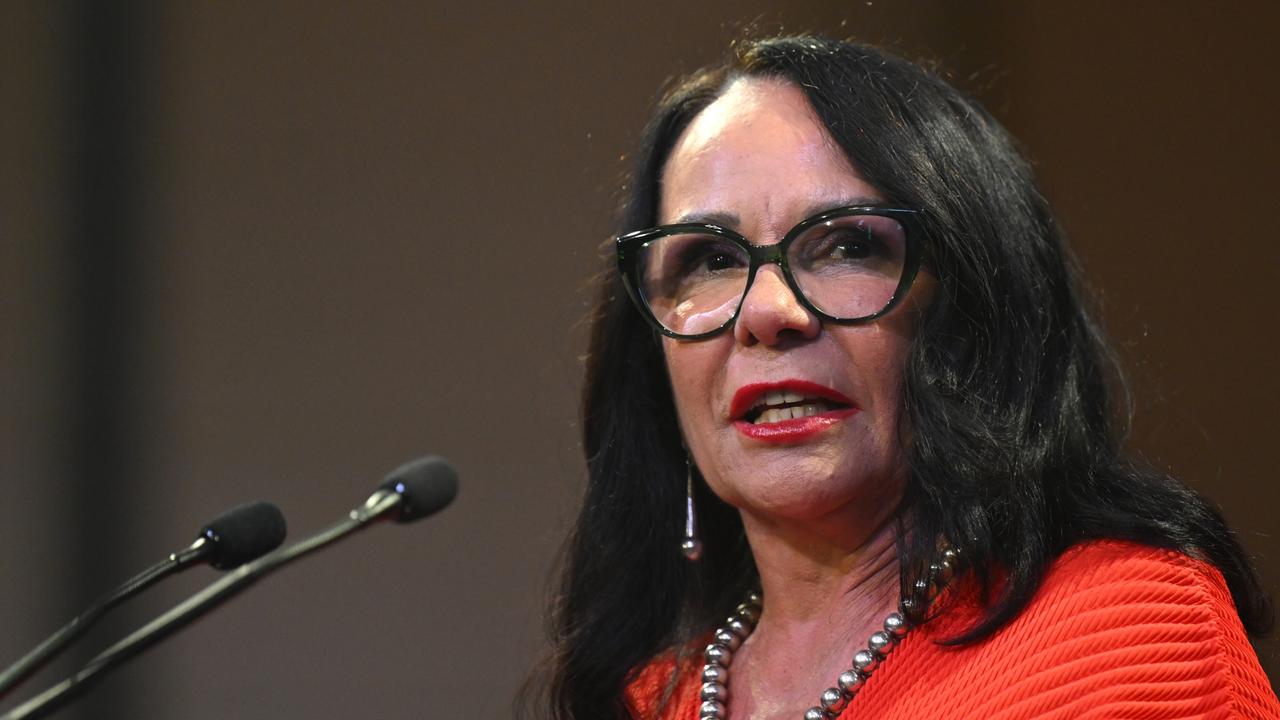
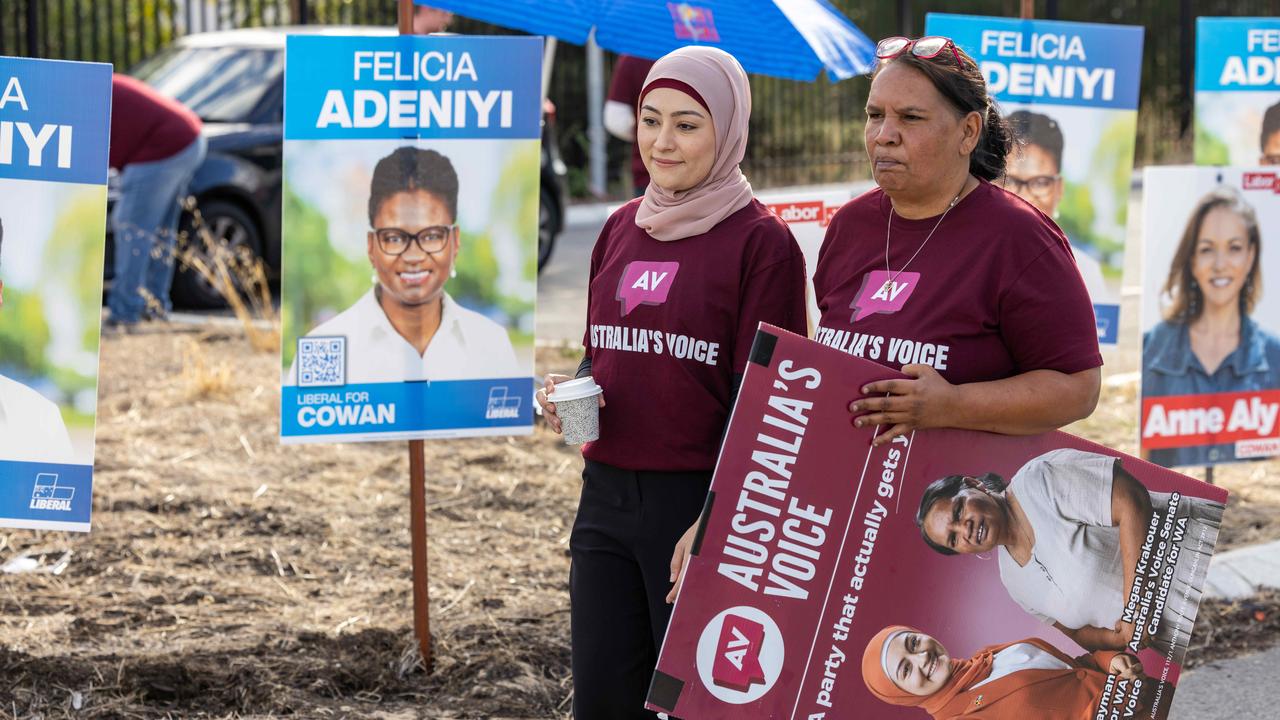
To join the conversation, please log in. Don't have an account? Register
Join the conversation, you are commenting as Logout